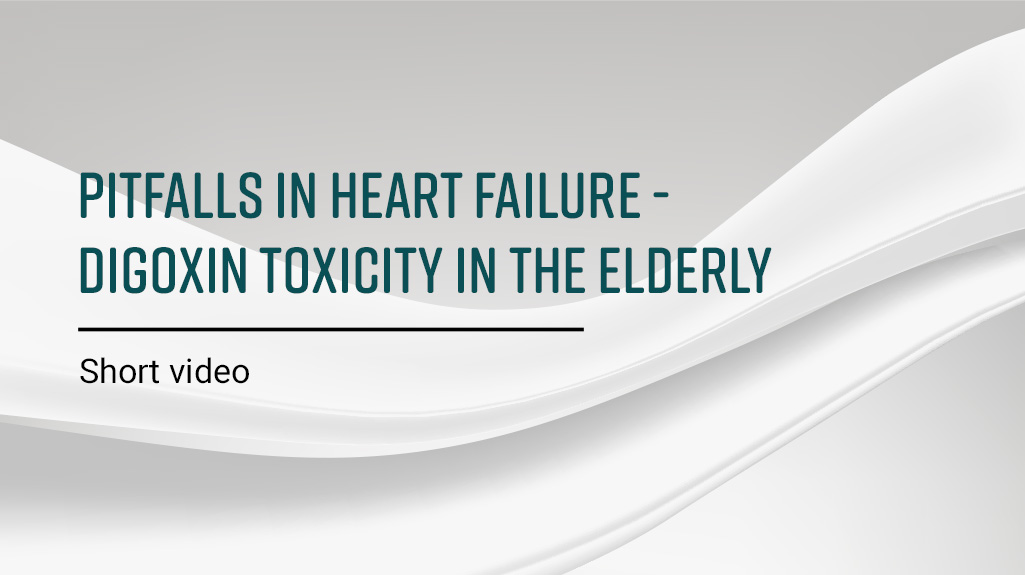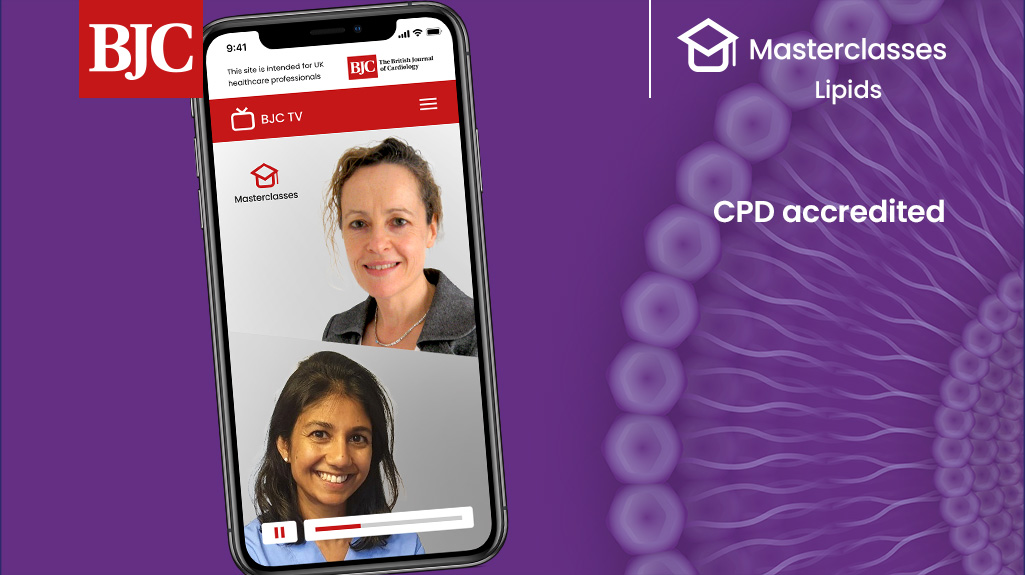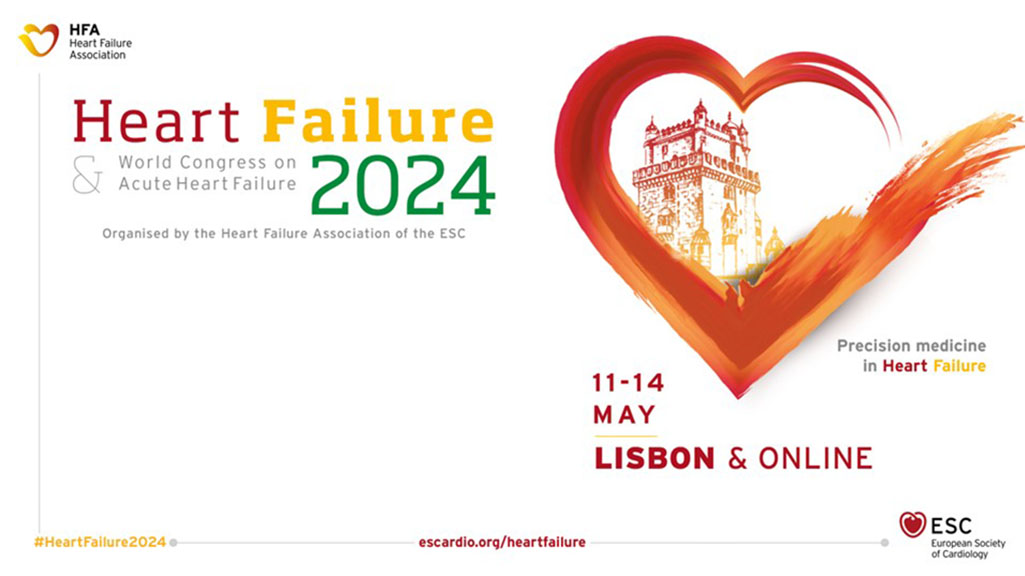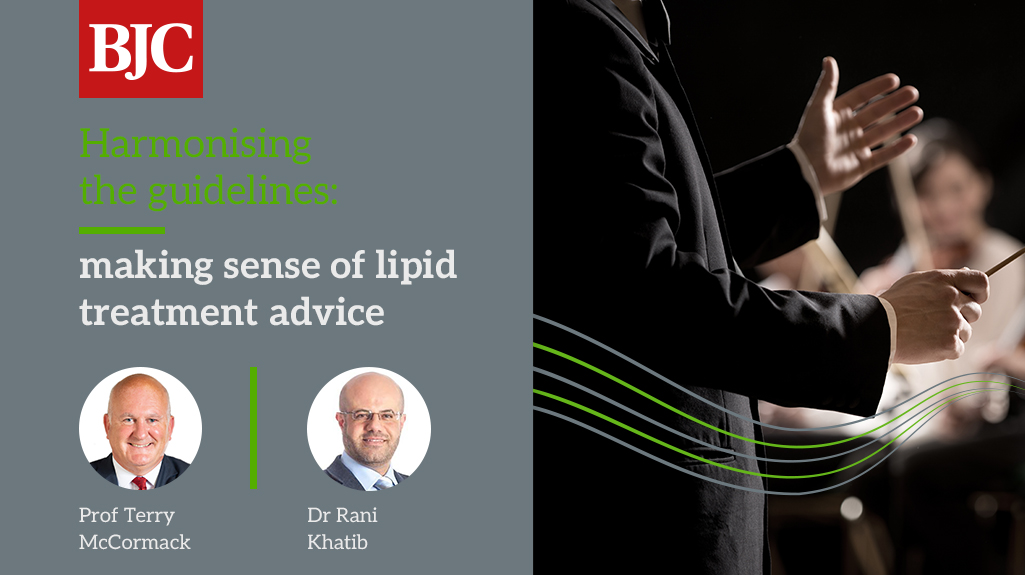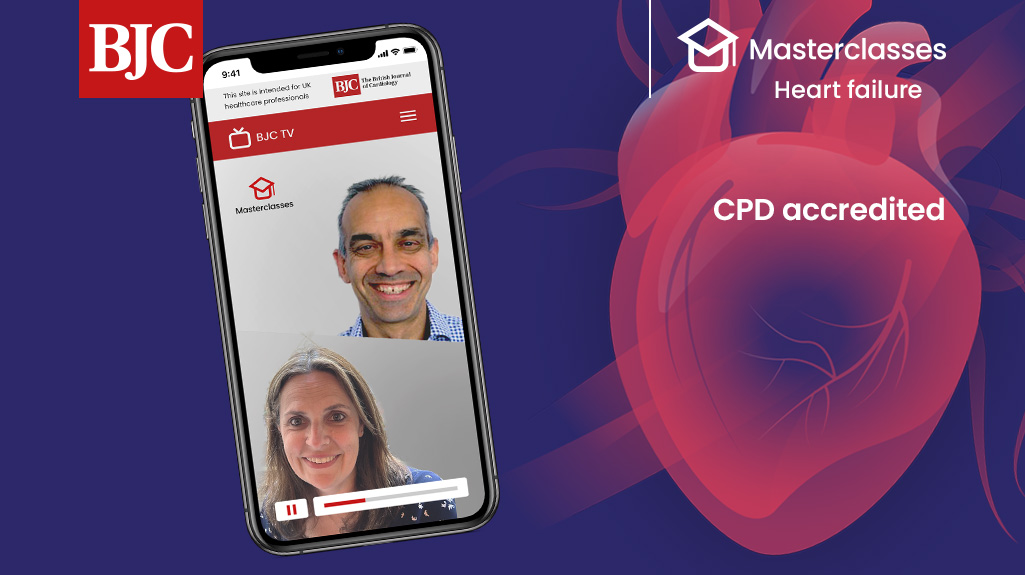Watch this informative video short, featuring Dr Paul Andrews as he describes some of the pitfalls of digoxin use within the elderly population and explores ways to minimise the risks and correctly identify when to take action to treat potentially life threatening scenarios.


